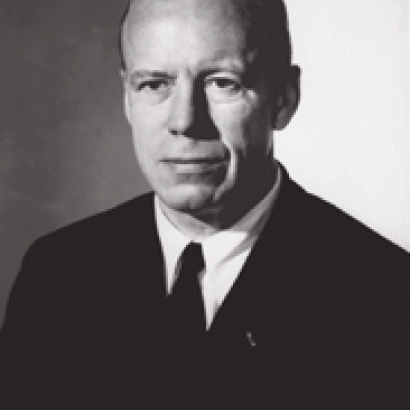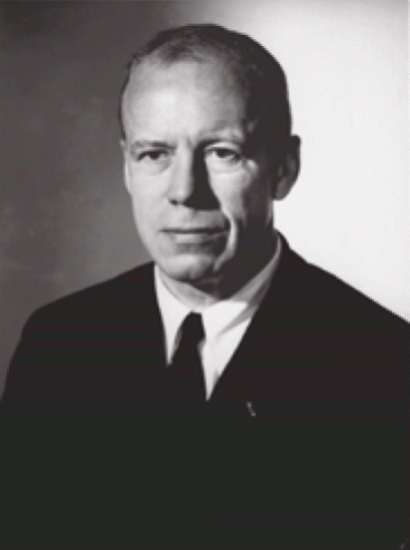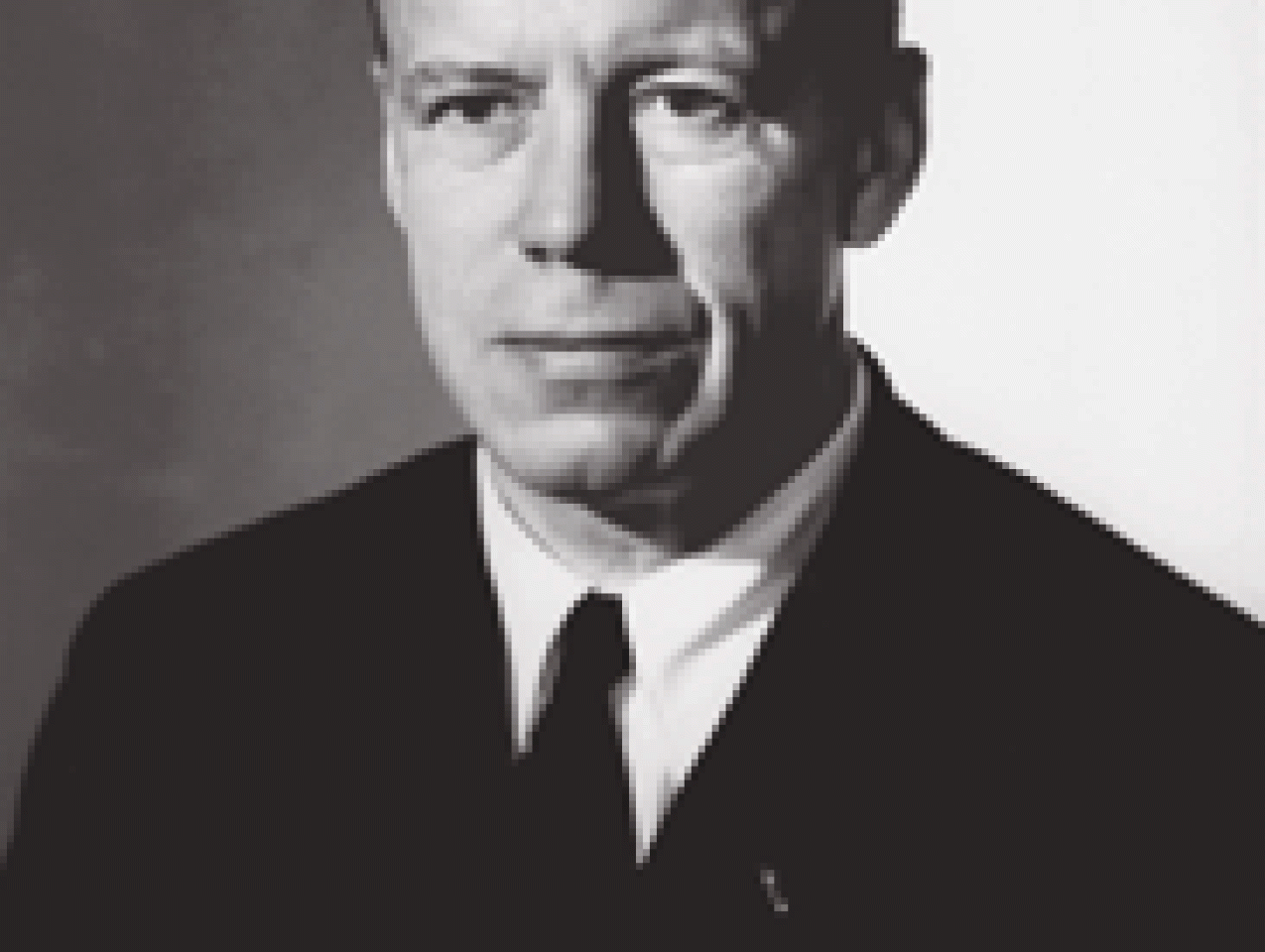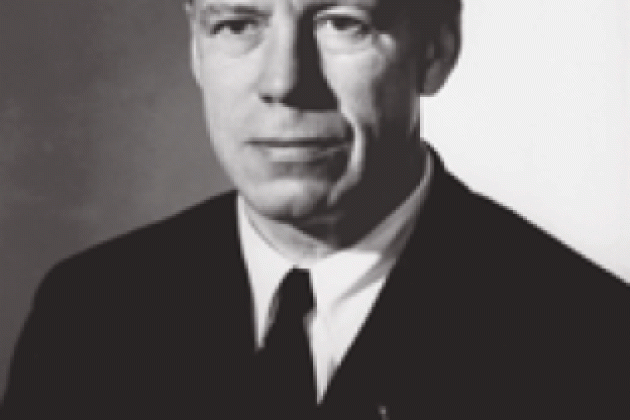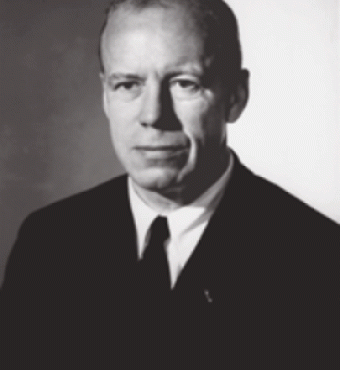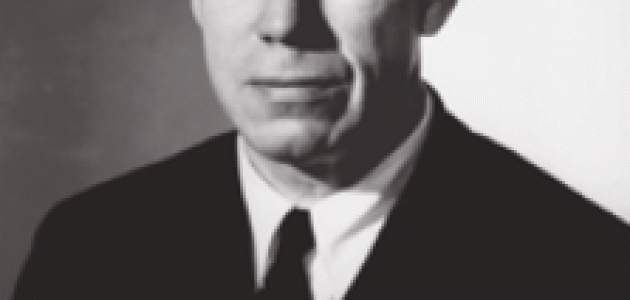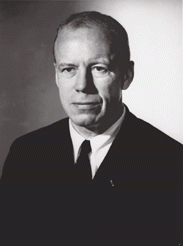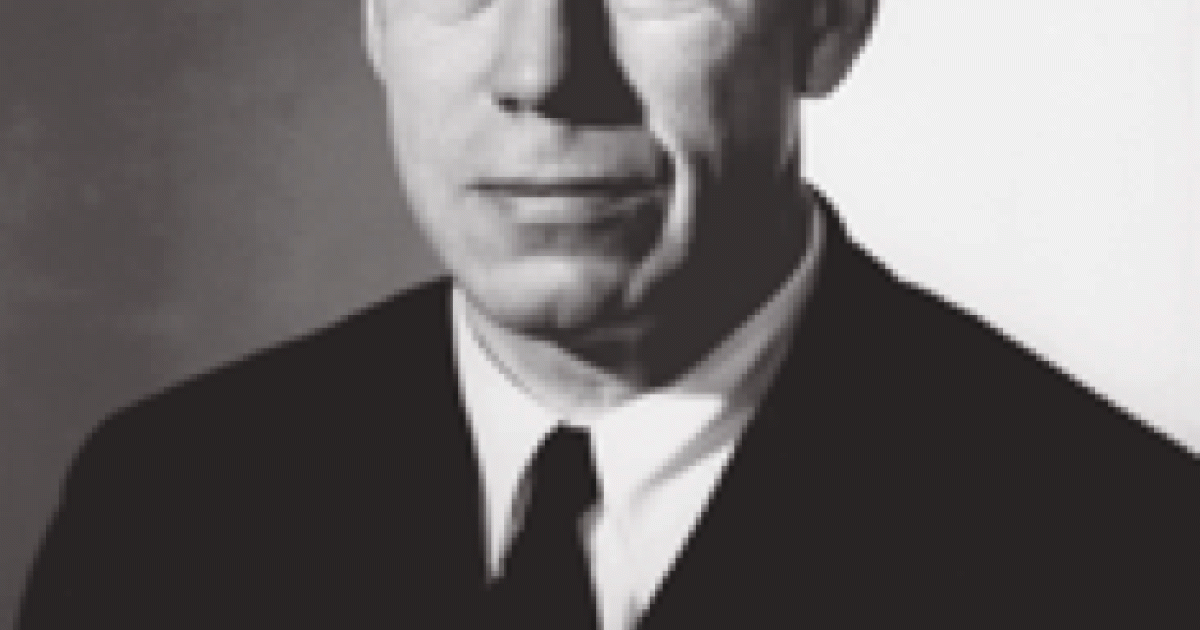A Nation Unprepared
In the wake of the Great War of 1914–18, Americans pondered the causes of the conflict and debated what might be done to preclude forever the recurrence of so great a tragedy. In a mood of reaction against the very idea of war, they assailed the arms makers ("merchants of death"), neglected their armed forces, adopted policies of strict neutrality in foreign affairs, and looked hopefully toward a future of lasting peace. The monstrous calamity so recently concluded had thus become the war to end all wars.
Thus, when a second world crisis developed in the late 1930s, the United States found its armed forces seriously depleted and its civilian population largely unprepared for the challenges of war. The man most responsible for remedying this dire situation was the undersecretary of war, Judge Robert Porter Patterson. As the department's primary link with the civilian mobilization agencies and industrial America, and as a national leader of unsurpassed energy and singleness of purpose, Patterson played a uniquely important role in the great drama of mobilization.
As we look backward over the whole span of World War II--over the anxious years of peril and defeat, of "blood, sweat, toil, and tears," of eventual triumph--what judgments can reasonably be pronounced on the mobilization effort as a whole and on Judge Patterson's contributions?
Of course the effort brought decisive military victory in all theaters of operation and by this ultimate standard was unquestionably adequate. In absolute terms, the nation's production record was unprecedented, and the millions of Americans whose patient (and often heroic) labors propelled the effort wrote a chapter in the history of the Republic that can only be described as magnificent. Conceding all this, however, one must ask whether the overall effort was in fact as good as it might or should have been.
Success with Material Resources
It may fairly be concluded that the struggle for the mobilization of materials, though long and generally arduous, was in the end reasonably successful. By contrast, efforts to mobilize human energies toward the common goal remained confused, uncoordinated, discriminatory, and in serious ways ineffective. "All through the war," Patterson complained (and it would be difficult to dispute this claim), "we had to do our best . . . with various makeshifts. . . . Our serious shortcoming, I submit, was our failure to achieve genuine mobilization of manpower." As a result neither the industrial nor the military efforts reached levels that fully exploited the nation's vast potential.
Failure in Manpower?
The history of the matter is puzzling. Shocked and humiliated by early defeats, Americans had vowed an all-out, overwhelming response. But thereafter all proposals for mustering that response faltered. From Pearl Harbor to the day of ultimate victory, almost four years later, millions of the nation's able-bodied men and women were drawn only sporadically, if at all, into essential activity. Industrial production was limited in many specific circumstances by the inflexibility of the labor supply, and at critical times the army lacked the military manpower needed fully to exploit unfolding opportunities in the field. Even the tender-hearted secretary of labor, Frances "Ma" Perkins, was later to reflect that "everybody felt terribly after Pearl Harbor, but then we recovered and again there was apathy." What happened? What were the sources and causes of this "failure" of national resolve?
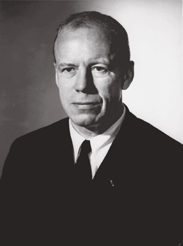
In Patterson's view, the basic problem lay less in any general lack of patriotic dedication than in the unwillingness or inability of responsible officials to stand up to pressure groups. The American people will do more, and sacrifice more, he always insisted, if only they are called on to do so.
Other sources of "failure" also suggest themselves, the first being the essential haphazardness of the Roosevelt administration--a fact of life on which Patterson, good soldier that he was, never publicly commented. As I have argued, correctable (but uncorrected) deficiencies in the mechanics of policymaking inhibited the development of coherent policy in numerous fields. Manpower doubtless suffered uniquely in this respect, for its broad concerns cut squarely across all others and thus stood in special need of unitary attention. In the absence of such attention, the inertial forces of "business as usual" continued to hold their own against the forces of mobilization.
On another level, it is reasonable to suggest that Americans failed to mobilize manpower to the extent realized by all other major belligerents, including especially the British, because they never felt it really necessary to do so. "It was because we began to win the war as a war of production," one observer concluded, "that we did not have to fight it as a war of fully coordinated mobilization. Therefore we did not." At some level of the national psyche lay confidence that victory could be won without paying the unwelcome price of even a temporary abridgment of cherished freedoms and amenities on the home front. As things turned out, that confidence proved justified. Whether in the process the war was prolonged and lives needlessly lost can reasonably be suggested but not conclusively demonstrated.
The question must then be asked whether the folks at home had in fact been asked to work too hard and sacrifice too much. Had they, on the whole, suffered unreasonable deprivations? Had they been subjected to needless compulsions?
On an objective reading of the evidence, the answers to these questions must stand in the negative. It seems clear, in retrospect, that, in general, Americans endured little more during the war than inconveniences--a dearth of such durable consumer goods as new automobiles and refrigerators, cutbacks in the form of rationing (of, for example, meat, sugar, fabrics, gasoline), shorter vacations, and longer workweeks--but suffered few real hardships. Aggregate per capita consumer purchases in 1943 and 1944 were reported to be on approximately the same level as they had been in 1941 and some 10 to 15 percent above the levels of 1939. (In the United Kingdom, in contrast, levels of civilian consumption during the war fell by some 16 percent below prewar levels.) In his final report to the president as chairman of the War Production Board, Julius A. King noted that war programs had never absorbed more than two-fifths of the national output. "Throughout the war," he concluded, "the people at home were subjected to inconvenience, rather than sacrifice."
He fought for every hard cause in which he enlisted, and the causes for which he fought were good and right.
The Giant Hand
Although the spirit and ideology of voluntarism had flourished throughout the war years, few Americans imagined that the nation's energies could be mobilized effectively in the absence of the Giant Hand--the planning, organizing, and directing activity of coercive public authority. Few at the same time accepted the wartime restraints on their freedom as anything more than temporary measures necessitated by the demands of extraordinary crisis. Many were concerned lest big government--once in place and tempted thereafter to see "emergencies" in all kinds of situations--become a permanent and ineradicable feature of American life. Many others viewed the vast wartime expansion of government as an intrinsic good: It was needed to make America more efficient in war, and its retention could make the nation more just and prosperous in peace; it opened opportunities to complete the noble work of social reform begun under the New Deal.
Patterson was a zealous defender and instrument of the Giant Hand; given the circumstances, he had no doubt that strong public leadership was required and fully justified. This stance naturally appealed to New Dealers, for whom confidence in the efficacy of activist government was characteristic. Although Patterson never thought of himself as a New Dealer and certainly had never been hostile to business as such, his appreciation of the American system of democratic capitalism grew in the course of his long and intimate involvement with the industrial system.
He accordingly encouraged--months before the war ended and despite the rise in Congress and elsewhere of excited visions of an economically planned future--the development of plans for a prompt postwar return to industrial freedom. His goals included rapid reconversion through the timely cancellation of war contracts, the settlement of canceled contracts on financial terms that would facilitate the resumption of civilian production, and the rapid disposal of surplus government property. As a testimony to the effectiveness of these efforts, it can be noted that within twelve months of the end of World War II the War Department had terminated and settled more than 99 percent of its war contracts. American industry was once more functioning in an environment relatively free from the constraints and compulsions of the Giant Hand.
The Contributions of One Man
What, then, of the contributions and qualities of Patterson the man? The first and most lasting impression of the judge is that of the incomparably purposeful mobilizer. He brought to prewar Washington--a capital divided, unsure of purpose, and only slowly awakening to grave potential dangers--a sense of uncompromising urgency. He communicated this sense to others, thus energizing both a reluctant public and the multifarious and often lethargic agencies of government. His vigorous and sustained initiatives in the seventeen months before Pearl Harbor, a time when even the president was unwilling to sound unequivocal alarms, were truly in a class by themselves. His efforts, more than those of any other individual, can be said to have laid solid foundations for the war economy. "I know well," commented a prominent industrialist who had advised the War Department on production problems in 1941, "and anyone else who knows anything about manufacturing problems would realize instantly . . . that it is decisions made and things done before some of these big shots had ever learned their way to Washington which are bearing fruit today. That work and those decisions were yours [Patterson's] more than any other one person's."
When war came, the system of military procurement was already well established; a considerable expansion of war industry had taken place; most of the problems of conversion had at least been recognized; and large sectors of the economy were primed and ready for all-out production. There can be little doubt that these timely preparations substantially shortened the war. Throughout the war years, Patterson's unflagging sense of urgency continued to sustain the energies of the home front against the debilitating forces of complacency, fatigue, boredom, and overoptimism.
When death in an aircraft accident ended Patterson's life prematurely on January 22, 1952, President Truman said, "I don't think I ever met a man for whom I had higher admiration than for Bob Patterson."
The New York Times provided a fitting final tribute: "A man who never dodged responsibility, never refused to take on a hard job if it needed to be done. What he preached, he practiced. What he believed, he believed with heart and soul. He fought hard for every cause in which he enlisted, and the causes for which he fought were good and right."








